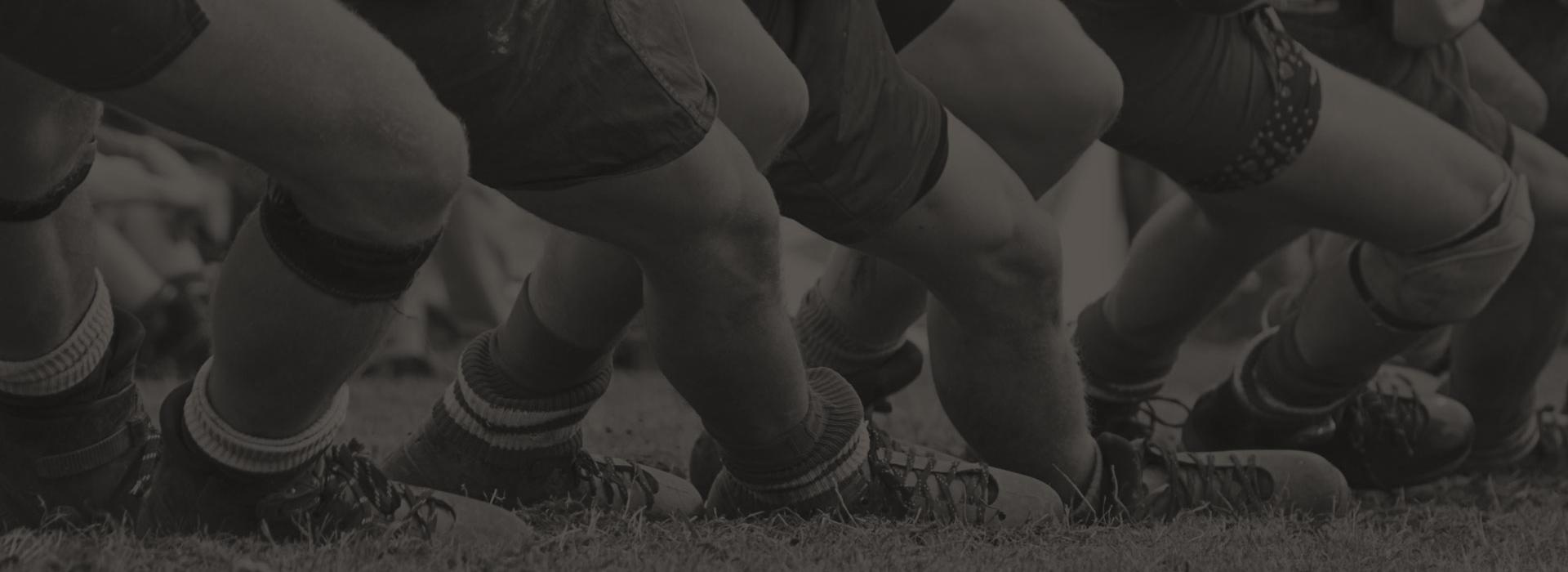
“Relationships with those you work with is the key ingredient to creating real change in teams and in people”
As a sports psychology consultant, it was a pleasure to attend the British Psychology Society’s sports division conference. It was an amazing opportunity to share and learn from some of the brightest minds within the field of sport. This article shares the key takeaways from the event especially around the areas of performance, mental health, wellbeing and exercise psychology.
What’s more critical: performance or wellbeing?
Sports psychology can be applied to many different contexts, not just sport. A psychologist’s role is not solely to enhance athlete performance but extends to working with the whole organisations including performance directors and coaching staff. A really interest point that was made at the conference surrounded the question of “what is more important for teams to succeed long term: performance or wellbeing?”
If performance was the only focus, there might be a human element missing when working with someone; for example, if as an athlete you are highly stressed it may impede performance. At Eclipse, our research and other research would indicate that without wellbeing, performance will be stunted. We help enhance team performance by using outdoor adventure as an experience that creates conversations of which key learnings can be taken from and used back in the sporting context. The key is not just the outdoor experience but the conversations that follow, reviewing the group’s processes, the communication style and the behaviours and attitudes whilst working as a team.
The importance of purpose and conversations
At the conference, I attended numerous presentations and workshops to enhance not just my own learning but the practices we use at Eclipse. Without current evidence-based research, how can we support teams to move forward if they aren’t provided with the best knowledge? Manchester Utd U18’s sports psychologist held a fantastic interactive workshop about supporting the staff as performers in elite sports, not just the players themselves. The key point I took away was to think of how the whole wider team needs to have a clear purpose of what they are aiming to achieve. For this to happen, the team needs to have great conversations and quality relationships to drive this purpose every day. Having great conversations is difficult and a skill that constantly needs to be developed. Great conversations get away from the small talk and banter and lead people to talk more about their opinions, attitudes and emotions.
Changing the culture
I had great conversations throughout the two days gaining insight into the experiences of others that work in sport. I found a lot of similarities in the conversations particularly around the culture of the teams they work with and how culture is one of the biggest challenges within the team.
Sport Wales provided an engaging workshop on how you create sporting environments where people can thrive. We worked in groups to look at case studies of real-life examples. It allowed me to hear from experts in the field how they would tackle this case study and provided my own input. It created rich conversations about who is the most important person within a sporting organisation to create a culture change. We agreed that as everyone feeds into the culture, it is essential to illustrate that change is not just a top-down process but a flat structure that everyone needs to be a part of for it to be successful. Many other workshops at the event also focused on culture.
Thriving over surviving
Another highlight was attending the English Institute of Sport’s workshop about “Bringing Thrive Alive”. Again, this linked the need for performance and wellbeing to work alongside each other in order for teams to thrive in their sport. They talked about how athletes should not just be coping and surviving in order to achieve success but thriving. I heard from three consultants about how they incorporate thriving into the cultures of the sport they work in. Each sport is given a culture check by the governing body UK sport. In 2017, the results were not great. Lack of support, fear of failure and frustration were phrases that showed up. Each consultant described the challenges of changing the culture differently but by still using the same framework of “Thrive”. Having great conversations was underlying theme that many consultants deemed as vital when changing the team’s culture. Additionally, they found that when athletes felt supported, they could challenge others easier and ask for more feedback.
Wrapping up
Overall, the conference provided us with a snapshot of the amazing work that sports psychologists do with athletes. It has developed my practice as a sports psychology consultant and provided me with more of an awareness that the issues within sport are similar and common. Eclipse aid the development of not just teams but people within sport. The experiences that people get from using the outdoors is an enabler for the key conversations that we facilitate post activity – always linking back to the sporting context of the team. We will certainly be back at the conference in Liverpool next year to hopefully see more amazing people share their experiences and research.
Stuart Kelly is a Performance Psychology Consultant at Eclipse. You can connect with him here.